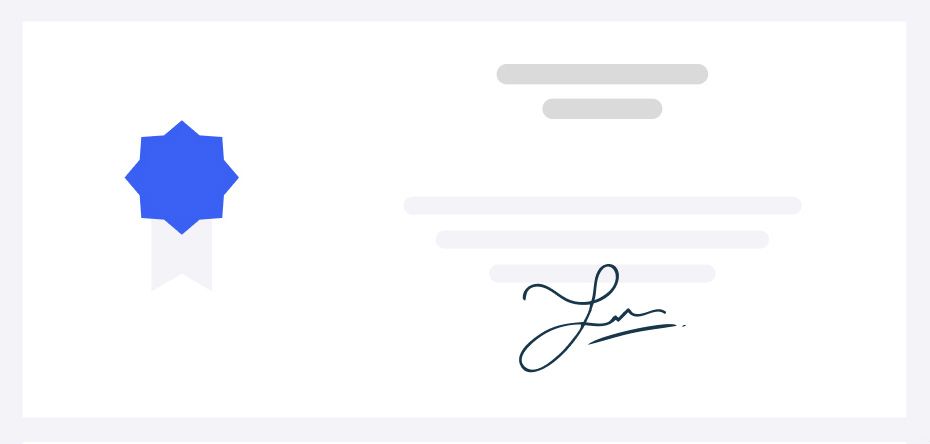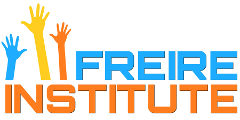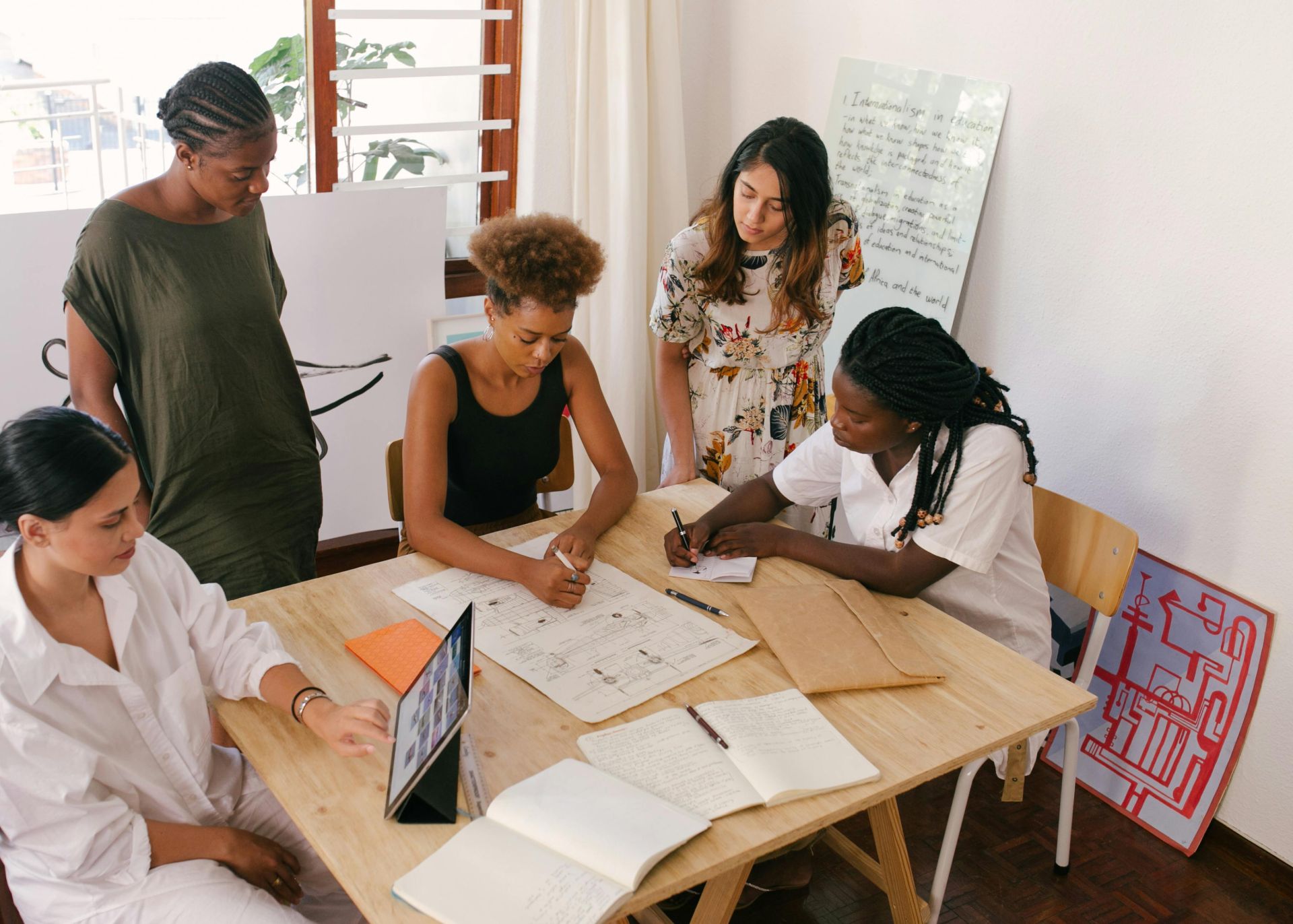Reimagine education and activism through the creative power of art and theatre
The role of education extends beyond traditional classrooms and textbooks. It transcends the boundaries of disciplines, inviting us to engage with ideas, narratives, and practices that shape the very essence of our society. This course takes us on a transformative journey through the realms of art, theatre, and culture, guided by the educational philosophy of Paulo Freire.
Paulo Freire's name is inseparable from the concept of critical pedagogy, an approach that challenges the passive reception of information and instead advocates for dynamic dialogues, participatory learning, and critical consciousness. His groundbreaking work in education has not only revolutionized teaching methods but has also cast a powerful light on the intersections between education, culture, and social change.
The course is an invitation to reimagine education, creativity, and activism. As we traverse the landscapes of stories, semiotics, engagement, and empowerment, we embrace the legacy of Paulo Freire and embark on a journey of intellectual and experiential growth that transcends the walls of academia and resonates deeply with the transformative potential of art and culture.
Paulo Freire's name is inseparable from the concept of critical pedagogy, an approach that challenges the passive reception of information and instead advocates for dynamic dialogues, participatory learning, and critical consciousness. His groundbreaking work in education has not only revolutionized teaching methods but has also cast a powerful light on the intersections between education, culture, and social change.
The course is an invitation to reimagine education, creativity, and activism. As we traverse the landscapes of stories, semiotics, engagement, and empowerment, we embrace the legacy of Paulo Freire and embark on a journey of intellectual and experiential growth that transcends the walls of academia and resonates deeply with the transformative potential of art and culture.
Topics
Early Bird Registration
Course Starts
Duration
Course Delivery
Course Certificate

Interested?
Join this course and become part of our learning community
Course Sessions
Frequently asked questions
Can I view the course material without taking the assignments?
You do not have to take the assignment at the end of the course, but there are tasks and exercises during the course that are essential to the learning process. You will need to complete these in order to progress. The assignment is based upon these tasks and exercises.
How long does the course take?
If you go through the sessions week by week and complete everything as quickly as possible, the course will take around three months. However, we give you a year's registration in order to make sure that you have plenty of time.
What do I need to do for the course certificate?
You need to complete a learning journal, based on tasks and exercises that you will have completed throughout the course.
Do I get feedback during the course?
Yes, you are able to engage with tutors and you will receive help and feedback where needed.
Join our community of practice



